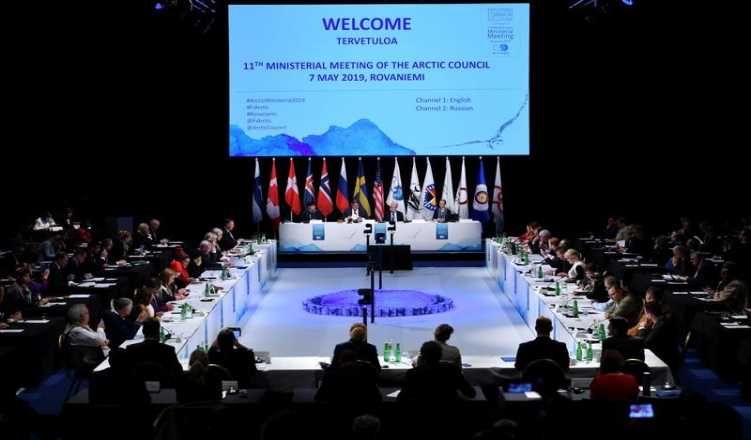NEW DELHI: India has been re-elected as an Observer at the Arctic Council, a high level intergovernmental organisation set to promote ccoperation, coordination and interaction among the Arctic States and protect the Arctic environment.
India, which has been an observer at the eight-member grouping since 2013, was elected again at the 11th Arctic Council ministerial meeting at Rovaniemi, Finland, on Tuesday, said Vani Rao, Ambassador, Finland, and M Rajeevan, Secretary, Ministry of Earth Sciences.
“Happy news. India re-elected as Observer of the Arctic Council. India committed to do more contributions in the Arctic Council,” said Rajeevan in a tweet.
The Arctic Council is formed of eight circumploar countries — Norway, Sweden, Finland, Iceland, Denmark (Greenland and Faroe Islands), Canada, US and Russia. Besides India, China, South Korea, Singapore, Italy and Japan, have the Observer status at the Council.
With 6 new countries inducted as observers in May 2013 the Arctic Council currently has 12 observers.
For nearly a century, the Arctic has been a scientific playground for researchers studying everything from magnetic fields to krill populations, as well as documenting rising temperatures and a changing climate.
India has been closely following the developments in the Arctic region in the light of the new opportunities and challenges emerging for the international community due to global warning induced melting of Arctic’s ice cap. Today, India’s interest in the region are scientific, enironmental, commercial as well as strategic.
India initiated its Arctic Research Programme in 2007 with thrust on climate change in the circumpolar north. The major objectives of the Indian Research in Arctic Region are to study the hypothesized tele-connections between the Arctic climate and the Indian monsoon by analyzing the sediment and ice core records from the Arctic glaciers and the Arctic Ocean; to characterize sea ice in Arctic using satellite data to estimate the effect of global warming in the northern polar region; to conduct research on the dynamics and mass budget of Arctic glaciers focusing on the effect of glaciers on sea-level change; to carry out a comprehensive assessment of the flora and fauna of the Artic vis-?vis their response to anthropogenic activities.
In addition, it is proposed to undertake a comparative study of the life forms from both the Polar Regions. India launched its first scientific expedition to the Arctic Ocean in 2007 and opened a research base named “Himadri” at the International Arctic Research Base at ny-Alesund, Svalbard, Norway in 2008 for carrying out studies in desciplines like Glaciology, Atmospheric and Biological Sciences. India has also entered into a MoU with Polar Reasearch Institute of Norway for undertaking research and maintaining “Himadri” at the Arctic region.
(AGENCIES)


